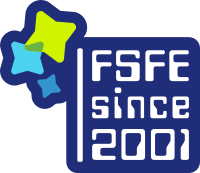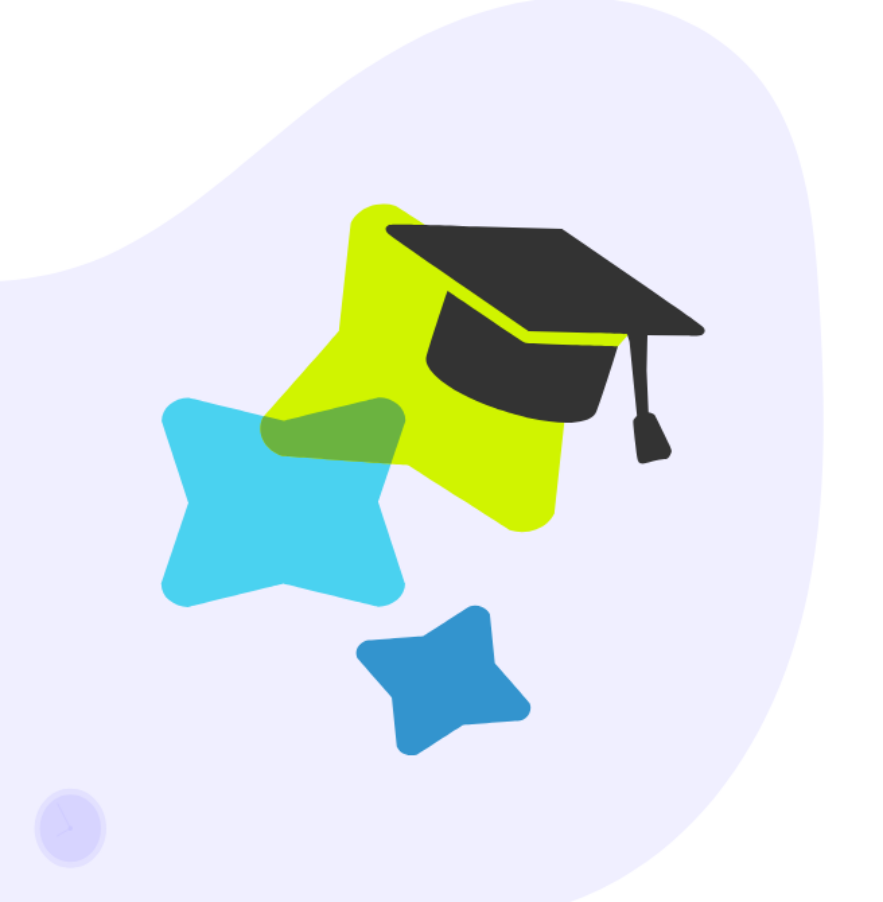Public Awareness Activities
Como organización no gubernamental sin ánimo de lucro, la Free Software Foundation Europe trabaja para crear un entendimiento general y un apoyo al Software Libre y los Estándares Abiertos. Las siguientes actividades son acciones concretas que realizamos en las áreas de concienciación pública, defensa de políticas y apoyo legal.
Desde su fundación en 2001, la FSFE ha estado trabajando cada día para promover el Software Libre en Europa y más allá. Con nuestras actividades concretas, basadas en los tres pilares de nuestro trabajo, nos centramos en proteger y ampliar los derechos de los usuarios. Algunas de nuestras acciones duran muchos años, otras tienen objetivos a corto plazo, pero todas forman parte de nuestra misión: capacitar a los usuarios el control de la tecnología.
Otra parte importante de nuestro trabajo consiste en el compromiso continuo y el trabajo de fondo. Estamos presentes en decenas de conferencias al año, apoyamos y mantenemos una excelente comunidad y la dotamos de recursos útiles. Además, somos un punto de contacto de referencia para todas las preguntas y consultas sobre la libertad del software, los Estándares Abiertos y los derechos de los usuarios. También proporcionamos recursos educativos básicos sobre cuestiones legales y de licencias de Software Libre.
Leer más sobre por qué la concienciación pública es un elemento clave del trabajo de la FSFE, y nuestro enfoque general en este ámbito.
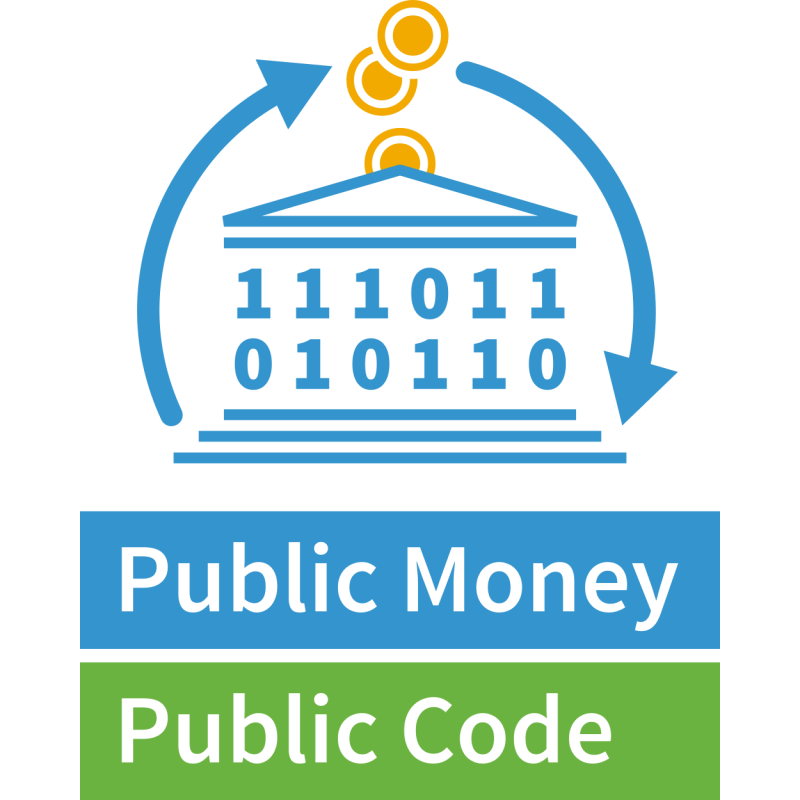
¿Dinero Público? ¡Código Público!
¿Por qué el software creado con el dinero de los contribuyentes no se publica como Software Libre? Queremos una legislación que exija que el software financiado con fondos públicos y desarrollado para el sector público se ponga a disposición del público bajo una licencia de Software Libre y de Código Abierto. Si se trata de dinero público, debería ser también código público. El código pagado por el ciudadano debe estar disponible para el ciudadano.
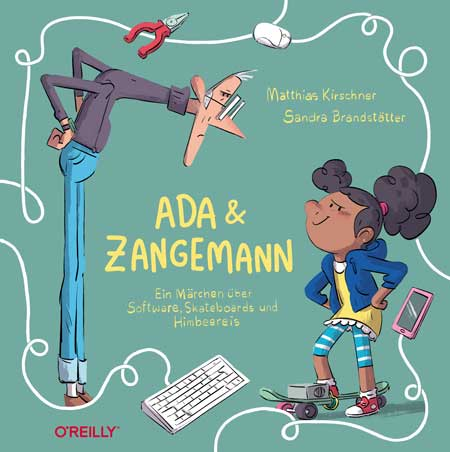
"Ada & Zangemann", libro y película
El libro ilustrado y película animada "Ada & Zangemann - Un cuento sobre Software, Monopatines y Helado de Frambuesa" de la FSFE, cuenta la historia del famoso inventor Zangemann y la niña Ada, una curiosa juguetona. Ada empieza a experimentar con hardware y software, y en el proceso se da cuenta de lo crucial que es para ella y para los demás controlar la tecnología.
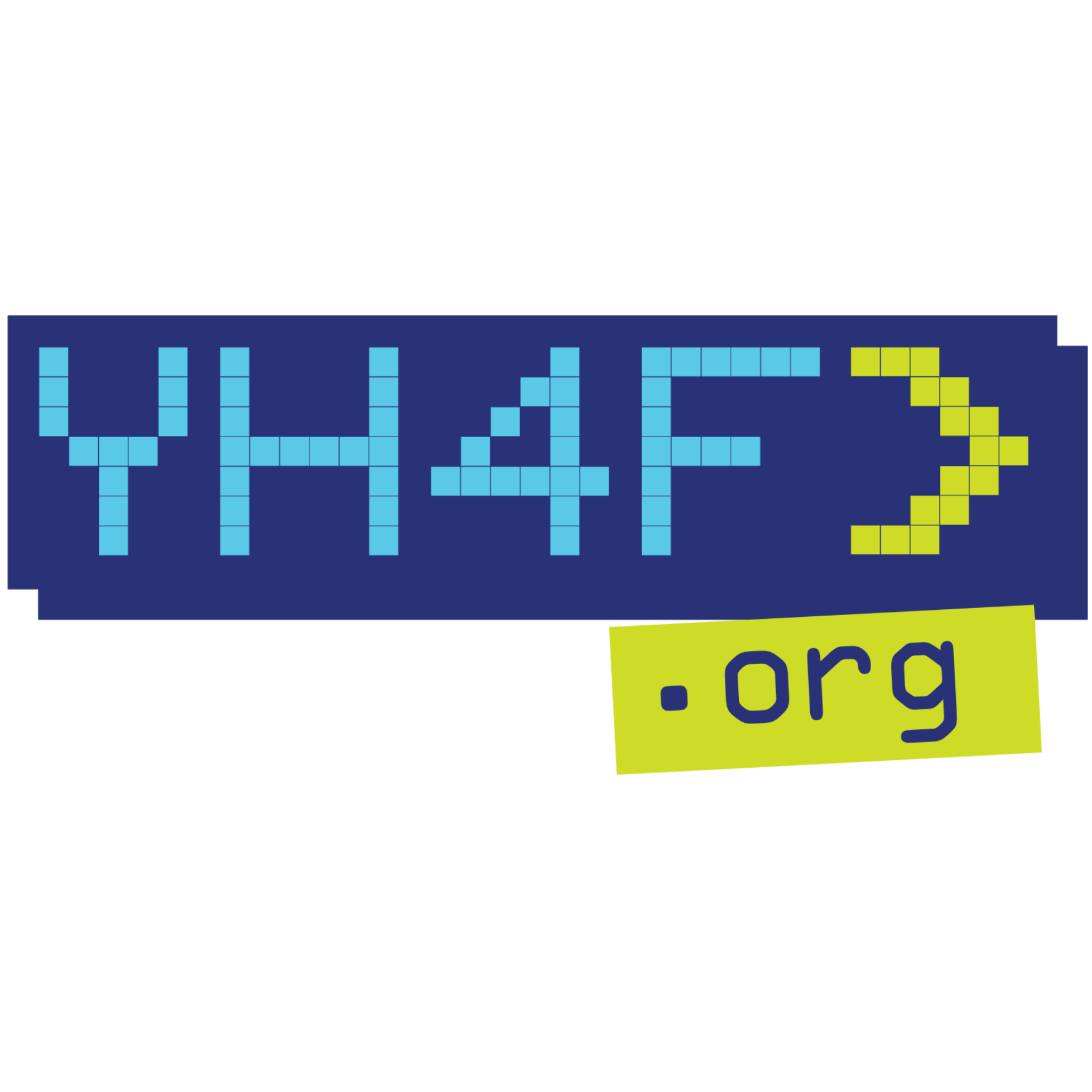
Youth Hacking 4 Freedom
Young people, from all over Europe, compete in Youth Hacking 4 Freedom to win cash prizes by creating programs of their choice licensed as Free Software. The six winners will be invited to the Award ceremony weekend. Youth Hacking for Freedom inspires people to learn programming and to collaborate.
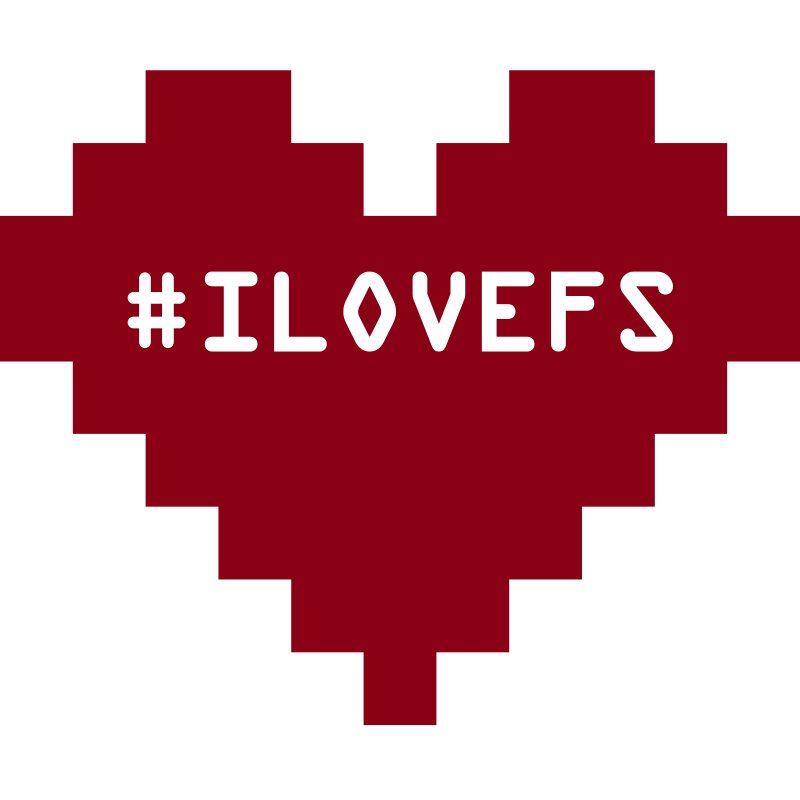
I Love Free Software
We often underestimate the power of a simple Thank You. Free Software contributors do important work for our society and the "I Love Free Software Day" on 14 February is the perfect opportunity for you to express your special gratitude. Since 2010, we have celebrated this wonderful annual event with an ever-growing and diverse community. ♥ ♥ ♥
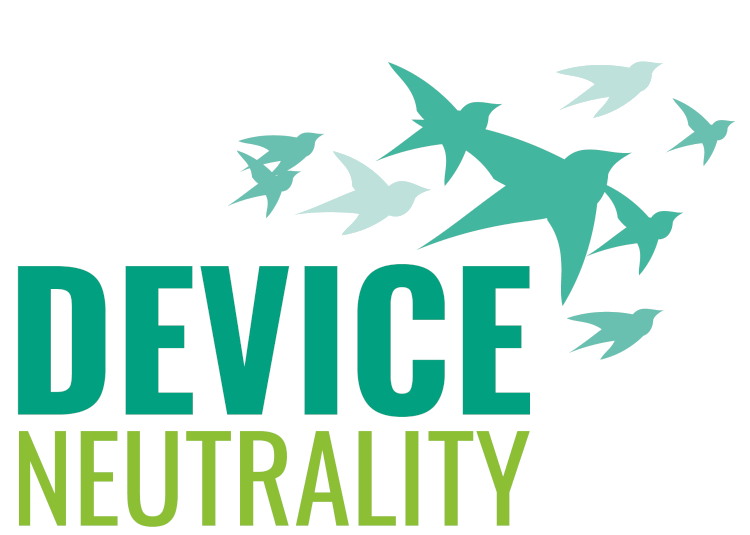
Device Neutrality
Although digital devices are ubiquitous today, the number of devices on which users cannot run Free Software is exponentially increasing. The consequence is an increased loss of control over users’ technology. Device Neutrality aims to enable end-users to bypass gatekeepers to have a non-discriminatory use of Free Software on their devices.

Free Your Android
Android is a mostly free operating system but unfortunately the drivers for most devices and most applications in the built-in store are not Free Software. This initiative helps you to regain control of your Android device and your data.

